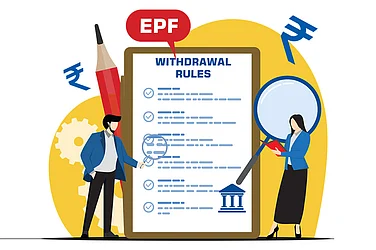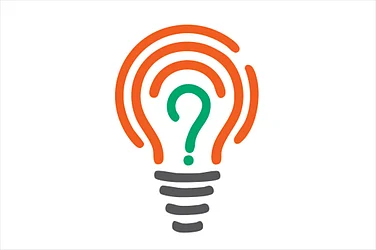In our June issue, India’s Best Funds 2025, I wrote how artificial intelligence (AI) apps helped the team design a fabulous cover and sift through reams of data, with the help of skilful prompts. It was also about how AI is turning rich imaginations into reality.
That prompted me to get a little deeper into the domain. I grappled with questions like if skilled people will indeed keep their jobs, what about the large unskilled population of India? Will a blue collar worker ever get opportunities to rise through the ranks to become a white collar employee? Will that only increase the gap between the rich (read who can afford knowledge consumption) and the poor (bereft of cultural capital or fair opportunities)? The grunge work that defined internship earlier is being taken over by AI, so what does that mean for those on the learning curve? How many jobs will AI eat up in the process?
A simple Google search on how to use AI will throw multiple results, deepening the sense of alarm of what will be left for humans to do. Indian-American businessman Vinod Khosla’s insights, in an interview with Indian entrepreneur Nikhil Kamath, paint a grim picture. He said: “Almost certainly… there isn’t a job (profession) where AI won’t be able to do 80 per cent of all jobs... within the next three to five years. So if you look at 15 years’ time, there’s no chance there’s a job that humans do that AI can’t do almost as well... (AI will do everything) with some minor exceptions due to regulatory restrictions such as brain surgery.” In this scenario, he advises young professionals to be flexible. “…learn the ability to learn… be able to move rapidly as the world evolves… Optimise your career for flexibility, not a single profession, because you don’t know what will be around.”
Before we jump to conclusions, we have a much-articulated argument against AI on the lack of “human touch” to deal with. D. Graham Burnett, who teaches history of science at Princeton and is co-founder and director of the Strother School of Radical Attention, in Brooklyn, in her article Will the Humanities Survive Artificial Intelligence in the New York Times, cites an answer from one of her students after an AI assignment, “The A.I. is huge. A tsunami. But it’s not me. It can’t touch my me-ness. It doesn’t know what it is to be human, to be me.”
In the ‘Modern Love’ section of the same publication, an individual wrote about finding solace in conversations with AI that not only acted as a counsellor, but as a companion in lonely times. Human touch, for sure!
Everywhere I searched and whatever I read, I came across contradictions, as if the world was divided between two parts, pro-AI and anti-AI. Perhaps our generation will be the one to be “lauded” or “criticised”—only time will tell—to have facilitated AI into our work and life, and held responsible for the “development” or a “dystopian world” that follows, respectively.
The concept of Outlook Money’s 27th anniversary issue theme was born as I grappled parallelly with another question: what will AI-led changes mean for the retail investors? They will surely enjoy the conveniences, but many of them may be unable to give the right prompts to get the right results. How AI pans out for you largely depends on prompts.
In its present form, AI appears easy and convenient but can complicate lives, and expose investors to unknown risks; it assists yet restricts. What can change the game is regulation and the use of ethical AI, which can lay down ground rules on how far AI can reach. Fair practices and transparency hold the key.
As Burnett writes in her article, “To be human is not to have answers. It is to have questions—and to live with them. The machines can’t do that for us. Not now, not ever.” Will that hold true in the future?














